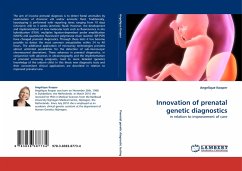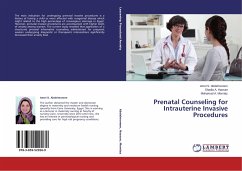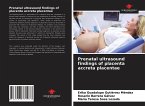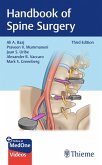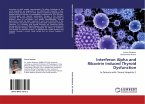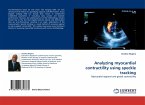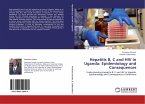The aim of invasive prenatal diagnosis is to detect foetal anomalies by examination of chorionic villi and/or amniotic fluid. Traditionally, karyotyping is performed with reporting times ranging from 10 days (chorionic villi) to 3 weeks (amniotic fluid). However, the development and implementation of new molecular tests such as fluorescence in situ hybridization (FISH), multiplex ligation-dependent probe amplification (MLPA) and quantitative fluorescent polymerase chain reaction (QF-PCR) have changed prenatal diagnostics. Through these tests it has become possible to detect the most common aneuploidies within 24 to 48 hours. The additional application of microarray technologies provides almost unlimited possibilities for the detection of sub-microscopic chromosomal aberrations. These advances in prenatal diagnostics, in conjunction with advances in ultrasonography and the implementation of prenatal screening programs, lead to more detailed (genetic) knowledge of the unborn child.In this thesis new diagnostic tests and their concomitant clinical applications are described in relation to improved prenatal care.

